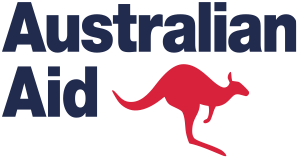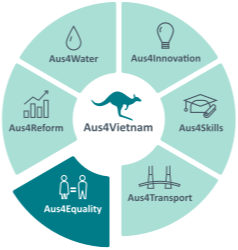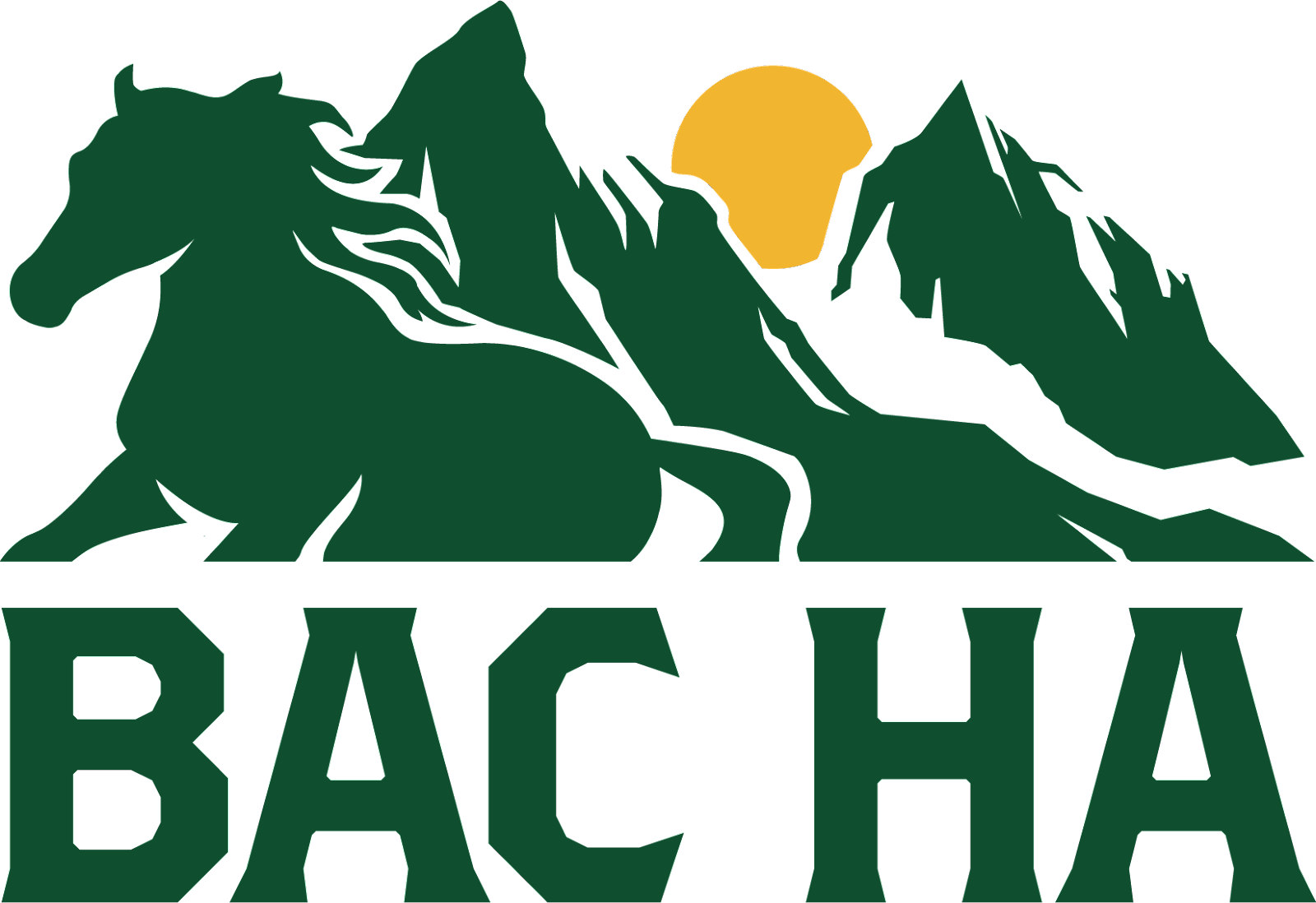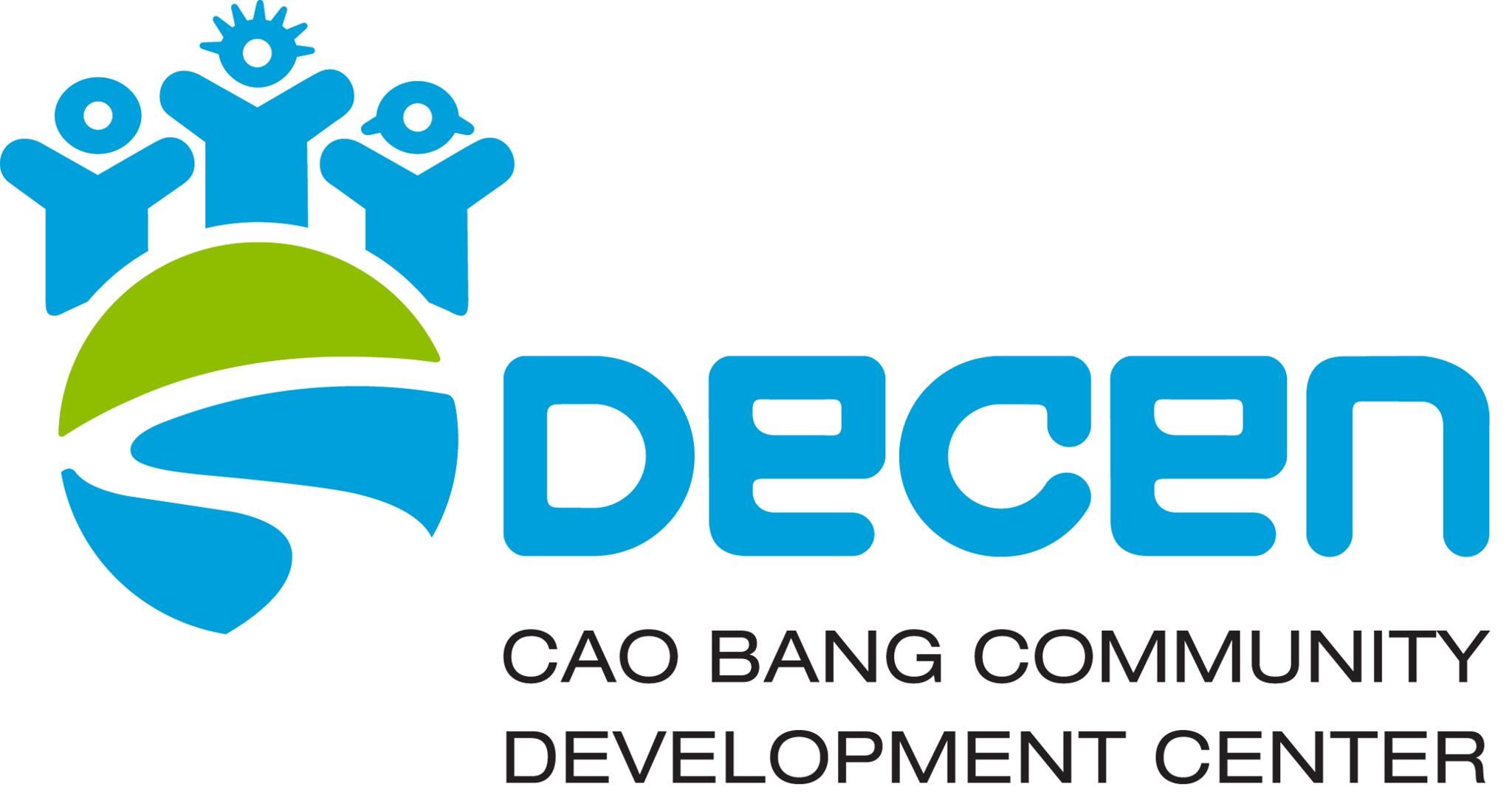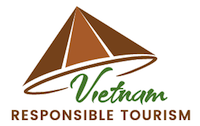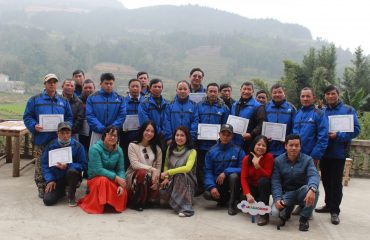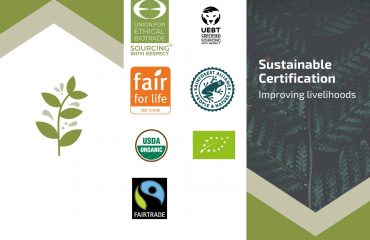Destination marketing is a marketing approach in the travel industry that involves promoting a specific location and its benefits instead of the product or service that a company offers. This could be a country, a town or city, district or commune, or even a specific holiday resort or attraction. The purpose of destination marketing is to increase customer awareness of a certain destination so that they start to think about visiting, or to help them remember the location when they are ready to book a holiday. By slipping in subtle calls to action and mentions of a brand’s offering, the idea is that potential customers will decide to book a holiday to that destination through the company that is promoting it. Destination marketing is also often used by the tourist boards of certain countries or regions as a way to try and bring more visitors to the area to boost the local economy and establish themselves as a desirable holiday destination.
-
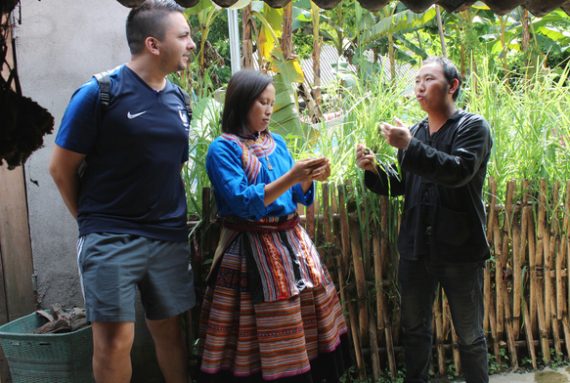 Understand Your Target AudiencesYou should understand what your target audience care about and what they want to engage with if you want to get their attention. By the way, you should also ensure that you are using the benefits of your destination to solve your target audience’s pain points. This is a particularly successful approach because destination marketing is a strategy that engages potential customers’ emotions by tapping into their desires and offering an experience instead of just a product. You can take this emotional response even further by targeting their pain points and offering a solution through the destination. Before you think about what attractions and experiences you’re going to focus on in your destination marketing strategy, first go back to the segments of the audience that your travel brand targets. Identify what they’re looking for from travel and holiday experiences, whether that’s specific activities or personal benefits. Then, use these focal points to decide what elements of the destination you’re going to highlight in your marketing campaigns.
Understand Your Target AudiencesYou should understand what your target audience care about and what they want to engage with if you want to get their attention. By the way, you should also ensure that you are using the benefits of your destination to solve your target audience’s pain points. This is a particularly successful approach because destination marketing is a strategy that engages potential customers’ emotions by tapping into their desires and offering an experience instead of just a product. You can take this emotional response even further by targeting their pain points and offering a solution through the destination. Before you think about what attractions and experiences you’re going to focus on in your destination marketing strategy, first go back to the segments of the audience that your travel brand targets. Identify what they’re looking for from travel and holiday experiences, whether that’s specific activities or personal benefits. Then, use these focal points to decide what elements of the destination you’re going to highlight in your marketing campaigns. -
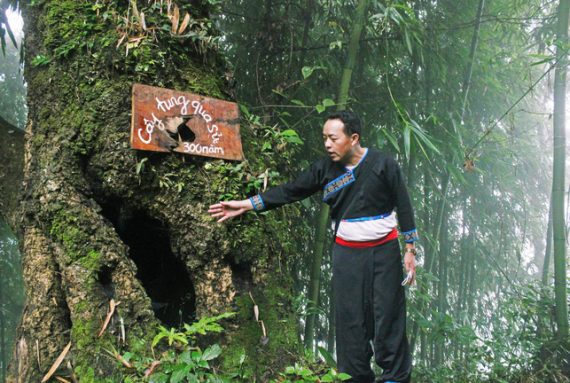 Identify USPsThe start of every destination marketing campaign should begin by listing all of the unique selling points of wherever you are focusing on. This approach is all about standing out from other popular destinations, and the only way to do this is to shout about what makes your location so special. You don’t need to be subtle about showcasing the unique qualities of a destination either. In fact, many well-known travel marketing campaigns have been so successful because they’ve taken a specific and often bizarre quality about a location and turned it into the key attraction for visiting wherever they are promoting.
Identify USPsThe start of every destination marketing campaign should begin by listing all of the unique selling points of wherever you are focusing on. This approach is all about standing out from other popular destinations, and the only way to do this is to shout about what makes your location so special. You don’t need to be subtle about showcasing the unique qualities of a destination either. In fact, many well-known travel marketing campaigns have been so successful because they’ve taken a specific and often bizarre quality about a location and turned it into the key attraction for visiting wherever they are promoting. -
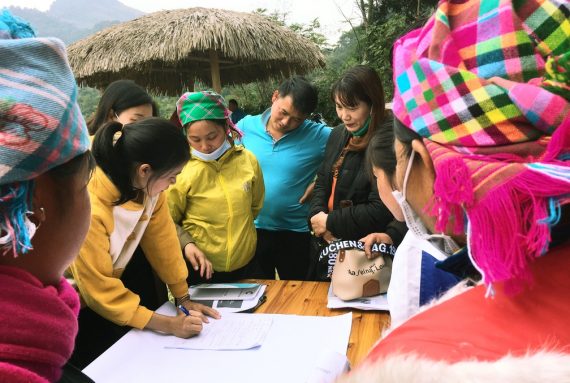 Analyse Your CompetitorsWe’re not just talking about analysing other destinations that are frequently pitted against yours when we talk about competitors, although this is something to consider when analysing the business landscape. We suggest going even more specific and identifying other travel brands that market your chosen destination, particularly ones of a similar size to your business. If you want to stand out in the industry and build a customer base of dedicated travel enthusiasts, you need to ensure that your marketing content is advertising a totally unique experience. Before you come up with a destination marketing strategy of your own, take time to see what’s already out there and ensure that you’re not going to be targeting a niche that has already been taken care of.
Analyse Your CompetitorsWe’re not just talking about analysing other destinations that are frequently pitted against yours when we talk about competitors, although this is something to consider when analysing the business landscape. We suggest going even more specific and identifying other travel brands that market your chosen destination, particularly ones of a similar size to your business. If you want to stand out in the industry and build a customer base of dedicated travel enthusiasts, you need to ensure that your marketing content is advertising a totally unique experience. Before you come up with a destination marketing strategy of your own, take time to see what’s already out there and ensure that you’re not going to be targeting a niche that has already been taken care of. -
 Focus on Visuals and VideoThis is one of the most common techniques used in desitnation marketing to give a glimpse of the kinds of experiences on offer than through photos and video content. Having a strong visual identity is a key part of marketing for a specific destination whether the photos you use on your website to the images shared on social media and graphics included in press releases or email newsletters or a full-length guides to a place or just adding little snippets of video to your website and social media profiles. You will not only inspire and engage your audience with every piece of visual content you share, but you also want to establish a “look” that becomes synonymous with your brand. You can take a more direct approach and create video testimonials from previous customers, introductions to attractions or accommodation from staff, or even vlogs and short video diaries illustrating a first-hand experience of a trip to your destination.
Focus on Visuals and VideoThis is one of the most common techniques used in desitnation marketing to give a glimpse of the kinds of experiences on offer than through photos and video content. Having a strong visual identity is a key part of marketing for a specific destination whether the photos you use on your website to the images shared on social media and graphics included in press releases or email newsletters or a full-length guides to a place or just adding little snippets of video to your website and social media profiles. You will not only inspire and engage your audience with every piece of visual content you share, but you also want to establish a “look” that becomes synonymous with your brand. You can take a more direct approach and create video testimonials from previous customers, introductions to attractions or accommodation from staff, or even vlogs and short video diaries illustrating a first-hand experience of a trip to your destination. -
 Collaborate With InfluencersInfluencer marketing has taken off in the travel industry in the last couple of years, and it’s a technique that works really well as part of a destination marketing campaign. There’s no better way to showcase what a trip to a location is really like than showing a real person’s experience, and working with an influencer is perfect for this. The type of influencer campaign you run will depend on the kind of travel business you are part of, your brand’s offering and your target audience. Some companies offer free holidays in exchange for an influencer to share their experience across their own channels, whilst others will work with influencers to create informative, promotional content that is shared by the brand themselves.
Collaborate With InfluencersInfluencer marketing has taken off in the travel industry in the last couple of years, and it’s a technique that works really well as part of a destination marketing campaign. There’s no better way to showcase what a trip to a location is really like than showing a real person’s experience, and working with an influencer is perfect for this. The type of influencer campaign you run will depend on the kind of travel business you are part of, your brand’s offering and your target audience. Some companies offer free holidays in exchange for an influencer to share their experience across their own channels, whilst others will work with influencers to create informative, promotional content that is shared by the brand themselves. -
 Go Beyond StereotypesWhen coming up with ideas for destination marketing campaigns, it can be tempting to fall back on stereotypes of what locations in certain parts of the world are like, or what the benefits of popular holiday experiences are. Whilst these kinds of stereotypes tend to be based on truth, they are much less likely to make an impact on potential customers, as they’re likely just showcasing features that have been seen before. Instead of relying on predictable visuals, formats, and slogans, try and offer your audience something genuinely valuable and unique with your content. Don’t fall into predictable patterns with what you advertise (eg: safaris in Africa, beach holidays on tropical islands, winter holidays in classic ski locations) and instead think about undiscovered areas of the market you can conquer.
Go Beyond StereotypesWhen coming up with ideas for destination marketing campaigns, it can be tempting to fall back on stereotypes of what locations in certain parts of the world are like, or what the benefits of popular holiday experiences are. Whilst these kinds of stereotypes tend to be based on truth, they are much less likely to make an impact on potential customers, as they’re likely just showcasing features that have been seen before. Instead of relying on predictable visuals, formats, and slogans, try and offer your audience something genuinely valuable and unique with your content. Don’t fall into predictable patterns with what you advertise (eg: safaris in Africa, beach holidays on tropical islands, winter holidays in classic ski locations) and instead think about undiscovered areas of the market you can conquer.
Design a marketing and promotion plan for a targeted destination being a district, town, commune, or just an attraction, etc.
Develop tourism marketing and promotion materials and identify relevant and suitable marketing tools and channels
Implement the destination and promotion plan
Monitor the results and adapt the plan accordingly.
Contact us now to get your destination marketing and promotion campaign!






